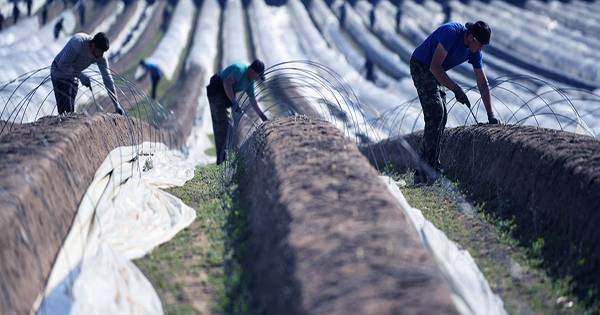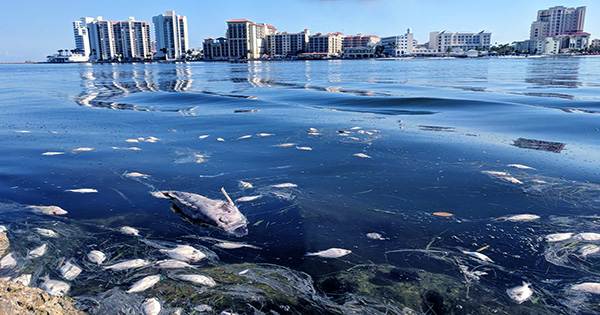Rising temperatures are a major cause of the world’s sixth mass extinction, spreading disease and displacing millions of people from their homes.
However, the thing that will probably take serious action in the end is the annoying coffee. All plants have a growing temperature within which they thrive. Global warming threatens them where this range is narrow. Moving to new locations is practical for short-lived plants, but less of an effective strategy for those that bear fruit year after year.
This can be a concern for those who rely on coffee for their livelihood – or just to wake up. In two studies published last week, major coffee producers Colombia and Ethiopia investigated the potential consequences of a warming world. While neither has predicted the drowning of caffeine addicts in global panic production, both have more subtle concerns to rise. By the end of this century, Ethiopia is likely to experience an increase in coffee consumption, according to Dr. Abel Chemura of the Potsdam Institute for Climate Impact Research. Unfortunately, the same cannot say for quality.
Chemura said in a statement, “According to our computer simulations, the area suitable for average quality coffee could grow slowly by the 2020s.” “Still no better is needed. Because on Flipside, the perfect place for high quality coffee that is valuable for their flowers, fruits and spicy notes will probably shrink if climate change continues.” As the original home of coffee, Ethiopia retains unknown varieties elsewhere, such as Yirgacheffe – which could lose 40 percent of its growing range if temperatures stay above current trends.
In addition to the negative effects on small areas known for individual varieties, higher temperatures accelerate the maturation of coffee cherries than beans, resulting in lower quality coffee. As Chemura noted, this is not just a problem for those who value coffer for its subtler taste than the crowd of caffeine that accompanies is does. This is also a problem for growers depending on the premium price for small crops.
In Colombia, the news is better for consumers, but just as bad for some farmers. “Low-altitude municipalities will be negatively affected by climate change, and thousands of farmers and their families in the region will face the threat to their livelihoods because productivity will break down by the middle of their century,” said Federico Snyder, a PhD graduate at the University of Illinois at Urbana-Champaign, published an assessment in agricultural systems. Ceballos-Sierra had direct experience, he added; “My family’s farm is twenty, about 1,900 meters above sea level.
















